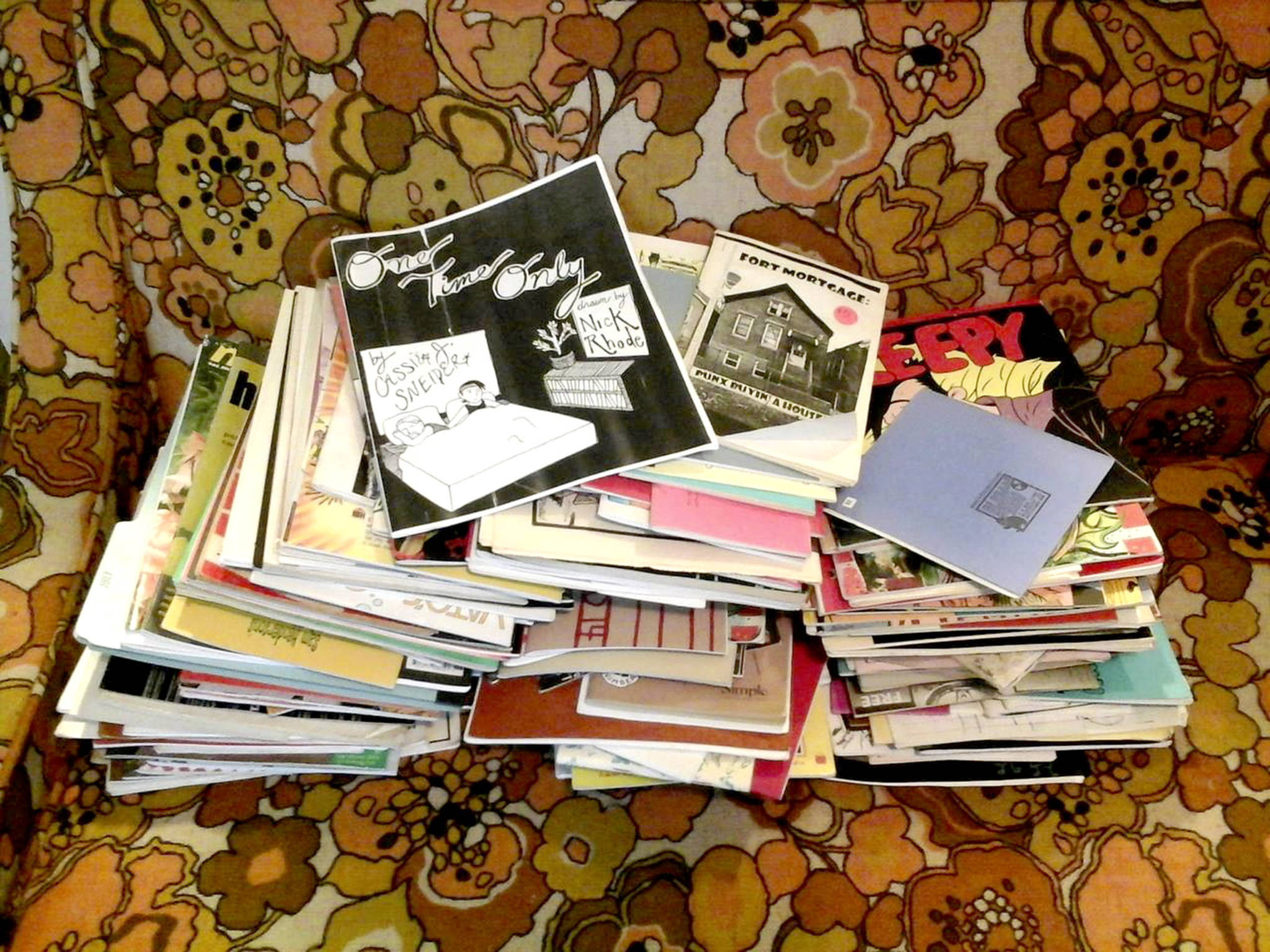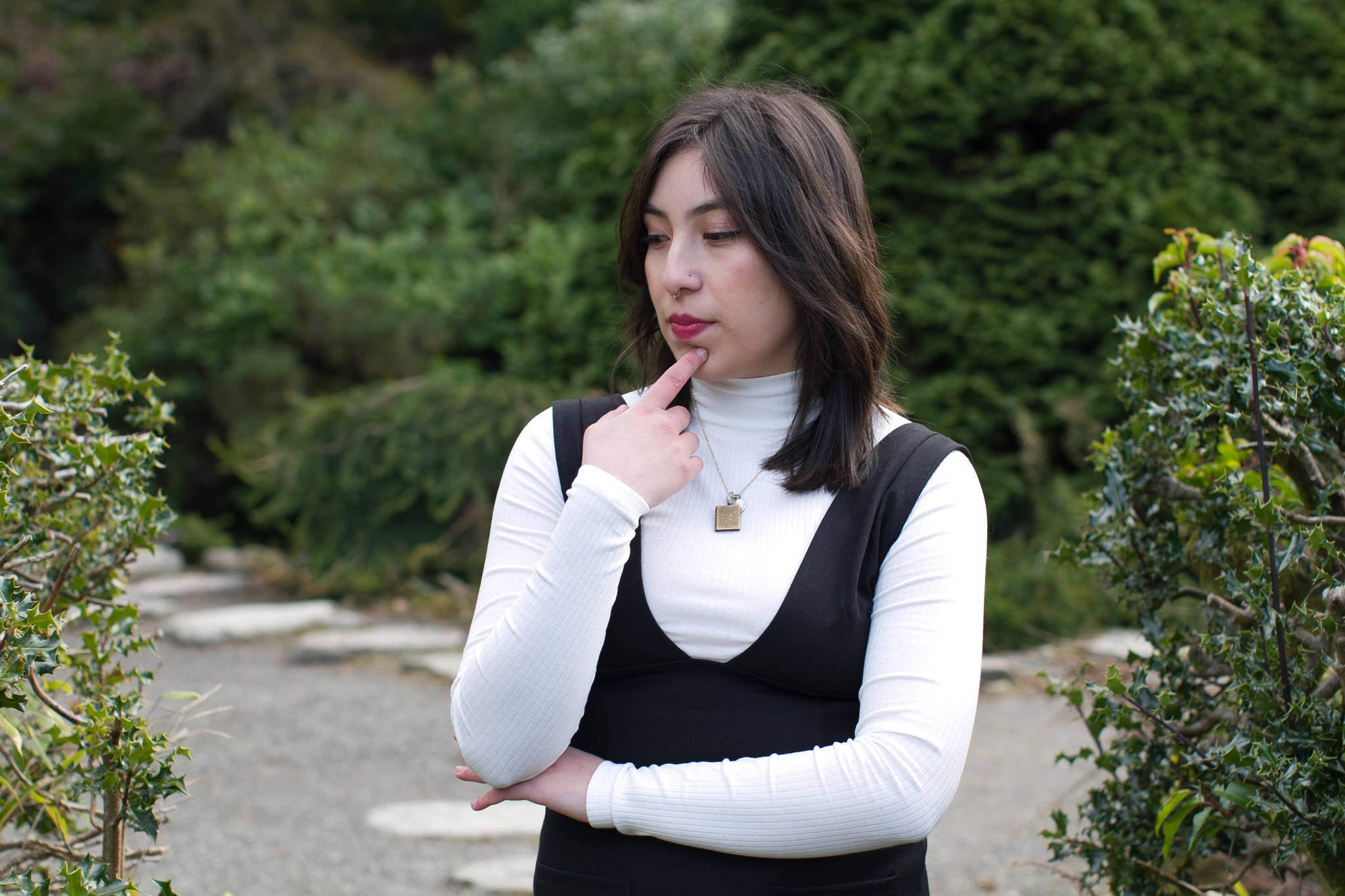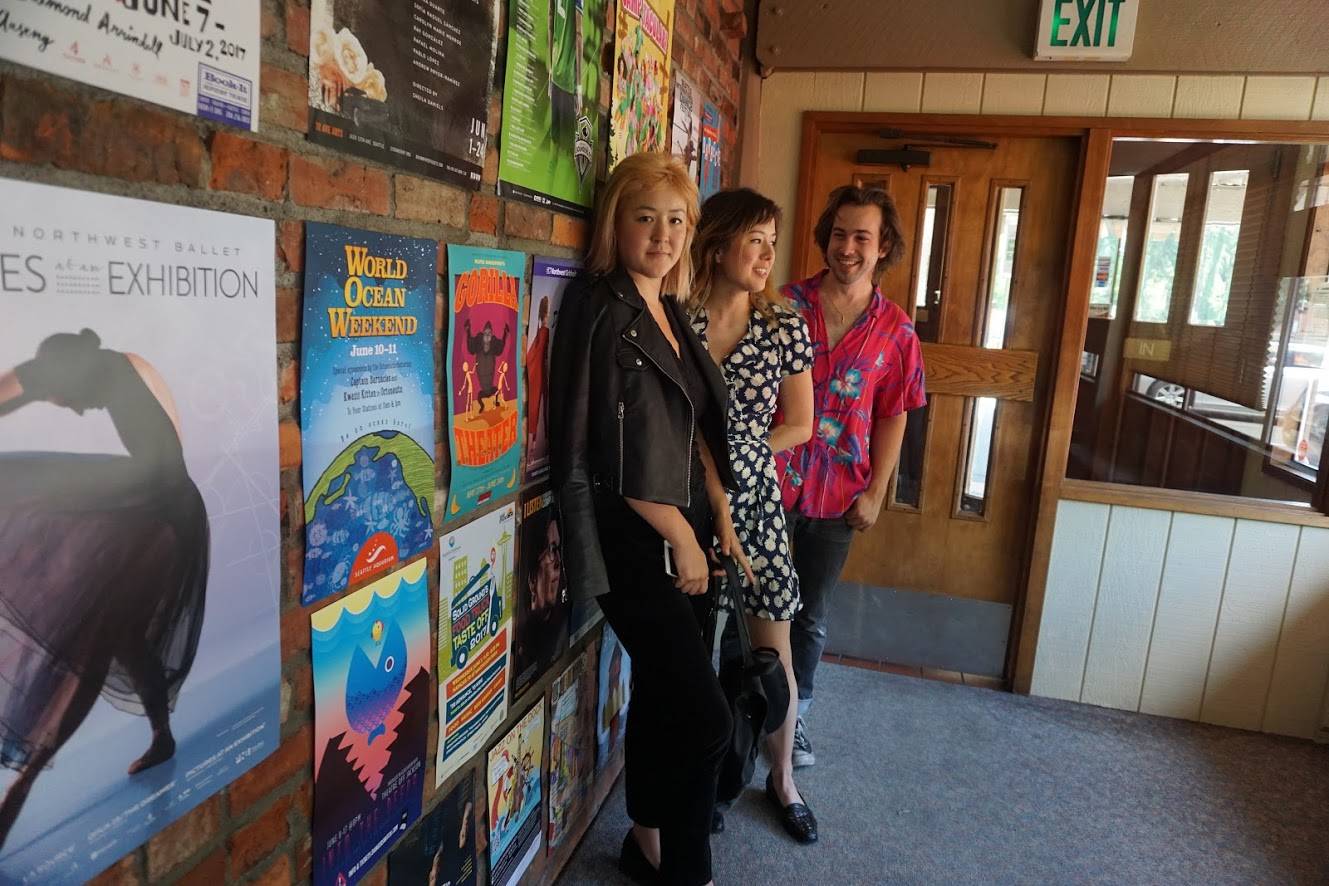It’s a bittersweet time in the DIY community. What is most likely the world’s largest zine collection, consisting of more than 3,000 unique titles, has found a new permanent home with the Seattle Public Library. And yet, the relocation comes at the cost of the very organization that was most involved with its development over the years: The Zine Archive and Publishing Project.
ZAPP was originally an off-shoot of the Richard Hugo House, the Capitol Hill writing non-profit that housed the growing zine collection until 2013, when it repurposed the room it was being stored in. For nearly four years, ZAPP has been searching for an affordable location in Seattle where it could preserve the archive.
While it searched, ZAPP entered into an agreement with Hugo House and the Seattle Public Library that, until a home for the zines was found, Hugo House would remain the sole owner of the collection, which would be stored at SPL’s Central Library branch.
Soon after the collection was moved, ZAPP became a nonprofit, aiming to fulfill a requirement in its contract with Hugo House that ZAPP be fully independent and incorporated before the collection could be given over to the organization.
ZAPP’s contract with the Hugo House did allow an indefinite amount of time to find a new location, and any decision made could be overruled by either party—but only for one year.
Finding a location was difficult, the executive director of ZAPP, Graham Isaac, pointing to the enormous, and continuously rising prices of Seattle’s real estate as a factor in the lengthy search for a new home for the collection.
When Isaac was informed this past August that the zine collection would possibly be donated to SPL unless ZAPP had a location ready, he didn’t have many options. He was given a few weeks and found a temporary temperature-controlled storage space for the zines, but it was not enough for Hugo House, which moved forward with the plan.
Hugo House is currently in the last stages of donating the collection to SPL and Isaac is concerned.
“Zine culture is fiercely independent,” he says, referring to the creators of the work in the collection. “They want freedom, they want control, they want to be able to express themselves in unique, hands-on ways.”
Even though he is happy that people will still be able to enjoy the zine collection at the library, Isaac contends that “with a larger top down organization it’s going to be hard to cultivate that culture.”
ZAPP had attempted to remain connected to the collection’s future under its new ownership, but plans never came to fruition. And now, with no further involvement in the collection, Isaac has decided to end ZAPP.
To date, ZAPP, a completely volunteer-run organization, raised nearly $5,000 toward the relocation effort. The funds will now be donated to Short Run Comix & Arts Festival, Hollow Earth Radio, and the Independent Publishing Resource Center in Portland.
SPL said over email that the collection will first be assessed before public input on its future will be considered. “The Library has every intention of making the collection a destination and preserving it for many generations to come,” said SPL communications director Andra Addison.








